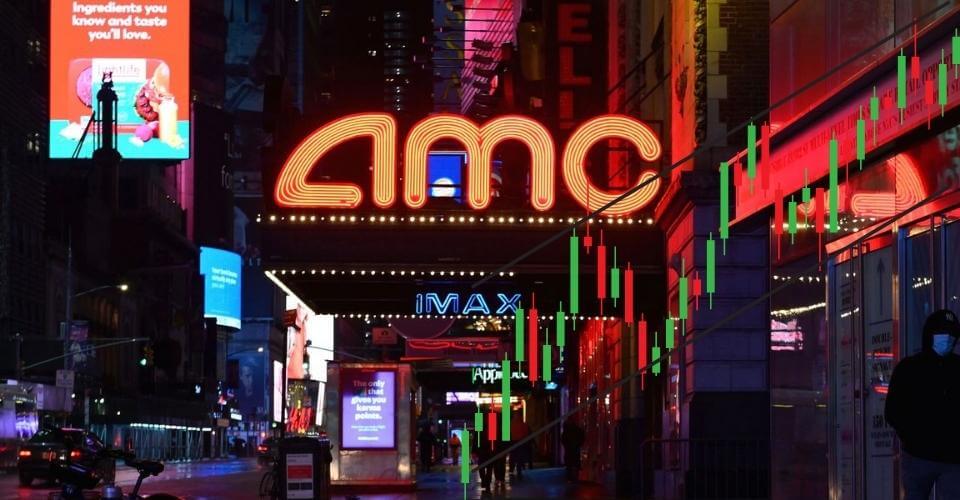The journey of AMC stock in recent years has been marked by significant fluctuations and events that have captured the attention of investors and the financial world.
Starting the year 2021 with a value of $2 per share, AMC stock experienced a remarkable ascent, soaring by an astounding 36-fold to reach an all-time high of $72.62 on June 2 of the same year. This meteoric rise in price was witnessed before accounting for the effects of the subsequent 1-for-10 reverse stock split that took place.
However, the subsequent year, 2022, proved to be challenging for AMC stock and the broader meme stock phenomenon. AMC began the year at $27.20 (pre-reverse split) and concluded the year at $4.07, representing a significant decline of 85%.
This decline highlights the volatile and unpredictable nature of meme stocks, which can experience rapid shifts in value due to market sentiment, investor behavior, and other external factors.
AMC Entertainment Holdings recently executed a reverse stock split, a strategic move that took effect on a Thursday. As part of this maneuver, existing shareholders were granted one share for every ten shares they previously held. This adjustment had the notable consequence of boosting the price of AMC’s shares.
Read more on this!
What Happened to My AMC Shares?
AMC Entertainment Holdings, the renowned movie theater chain, recently executed a reverse stock split as part of its strategic moves, a precursor to a planned conversion of preferred equity units into common shares. This reverse stock split was enacted on Thursday, resulting in existing shareholders receiving one share for every ten shares they previously held. This action effectively led to an increase in AMC’s share price.
The stock’s recent declines can be attributed to a couple of factors. Firstly, the conversion of preferred equity units into common shares has potentially diluted the value of existing shares, influencing the stock’s performance.
Secondly, there’s a concern about the potential for further dilution in the future. AMC’s ability to introduce and issue more of its common stock may lead to additional dilution in the coming periods.
Notably, the timing of these financial maneuvers aligns with AMC’s pursuit of enhanced liquidity and financial stability. Projections suggest that the company might not achieve positive free cash flow until 2025, underlining the necessity of bolstering its immediate financial standing.
This increased liquidity serves as a means to support the company’s ongoing operations and navigate its path toward positive cash flow.
Also, analysts’ insights on AMC’s trajectory have varied, with World’s current projection holding a price target of $4.50 for the stock. This optimistic target places it on the higher end of forecasts among industry analysts who cover AMC.
As AMC continues its journey in a dynamic market environment, these strategic financial decisions and shifts in stock structure are indicative of the company’s efforts to position itself for sustained growth, navigate challenges, and meet its future financial goals.
What Is AMC Shares Short Squeeze?
In recent years, AMC shares gained significant attention due to a phenomenon known as a “short squeeze.” A short squeeze occurs when investors, often using a strategy called short selling, bet that a company’s stock price will decline.
However, if the stock price starts to rise instead, these investors may be forced to buy shares to cover their positions, contributing to further price increases.
AMC shares experienced unprecedented volatility and attention in early 2021 when a group of retail investors, primarily organized through online communities like Reddit’s WallStreetBets, collectively purchased the stock to counteract short sellers.
This led to a dramatic increase in AMC’s stock price, making headlines and sparking discussions about the power of individual investors in the stock market.
The AMC saga highlighted the role of social media, retail investors, and market dynamics in influencing stock prices. It also raised questions about market manipulation, regulatory oversight, and the broader implications of online communities collaborating to impact traditional financial markets.
Now that we’ve got you covered, make sure you follow Averagebeing for more insightful news about financial markets!


